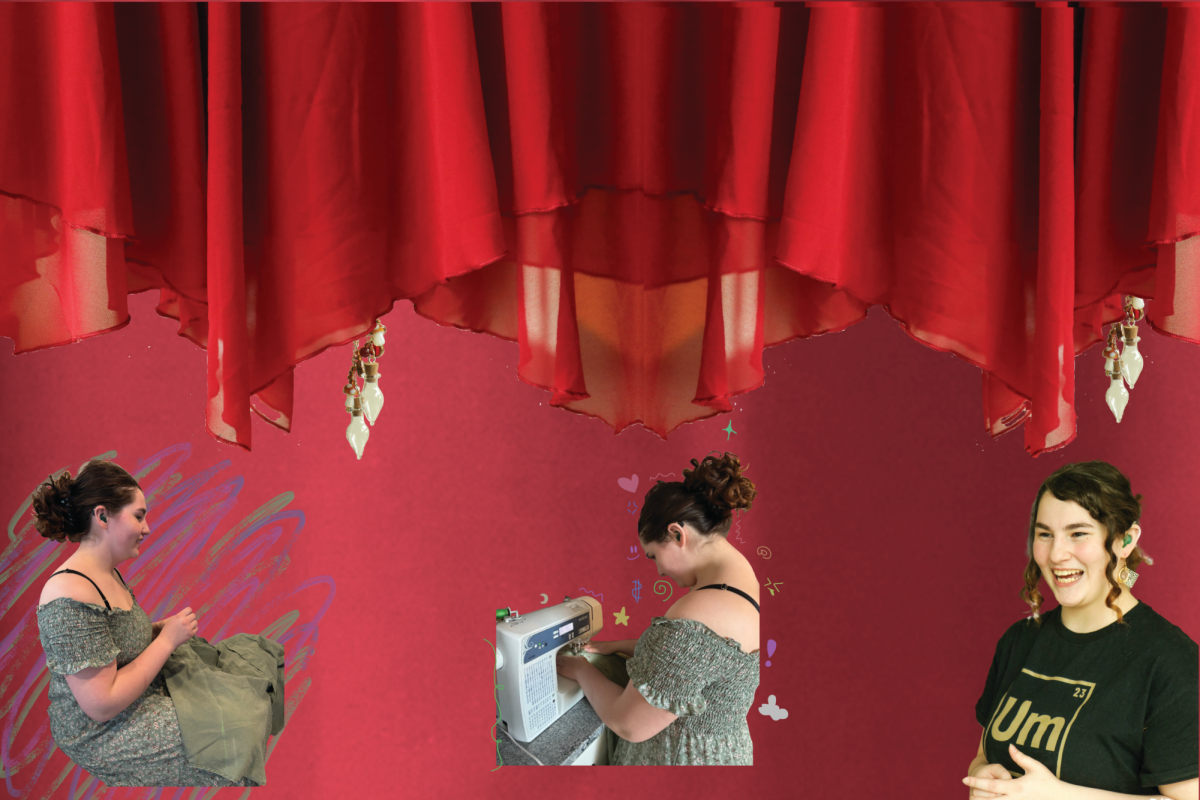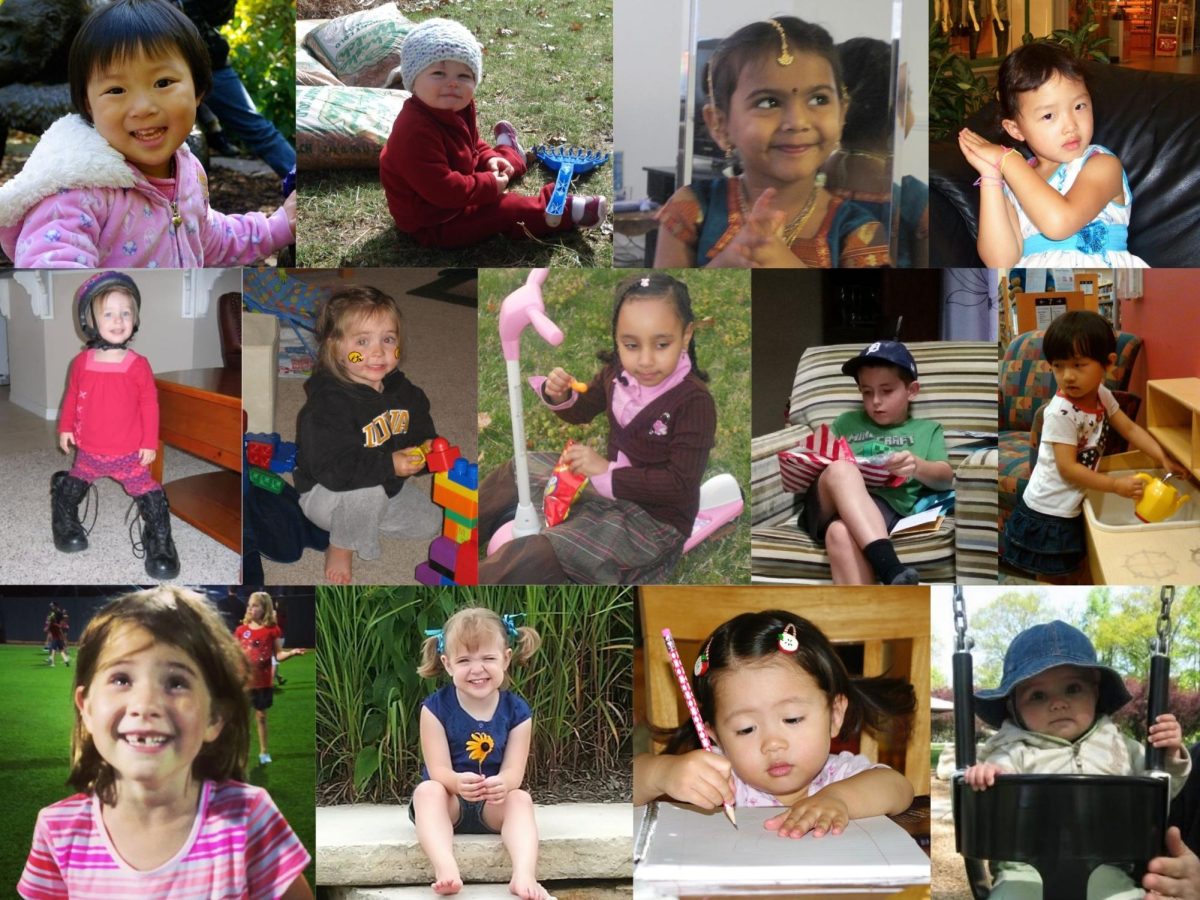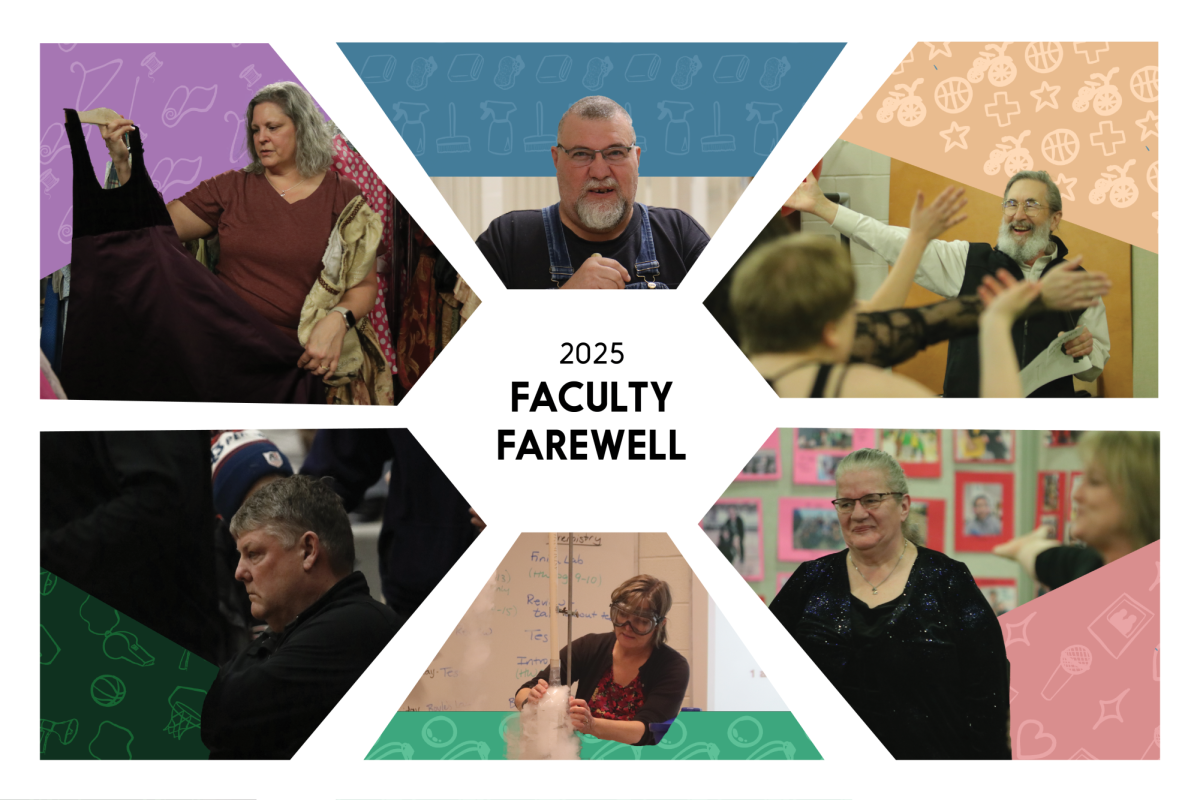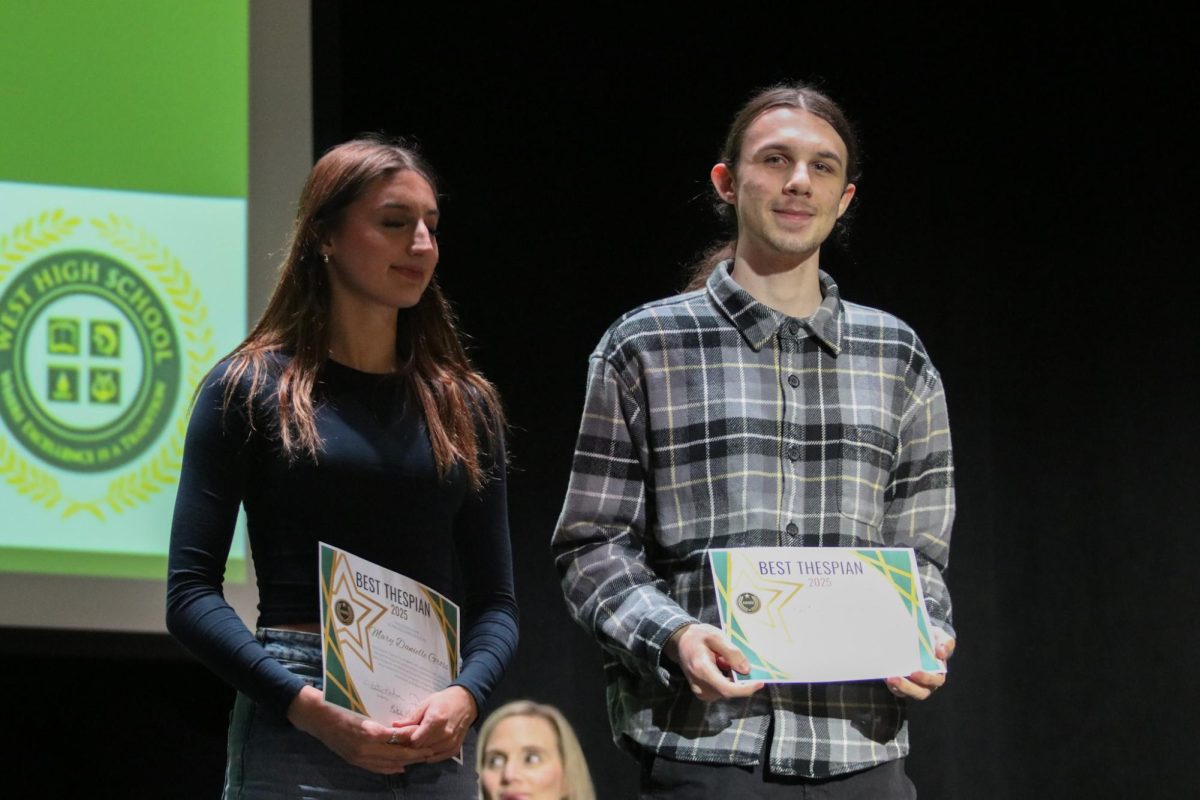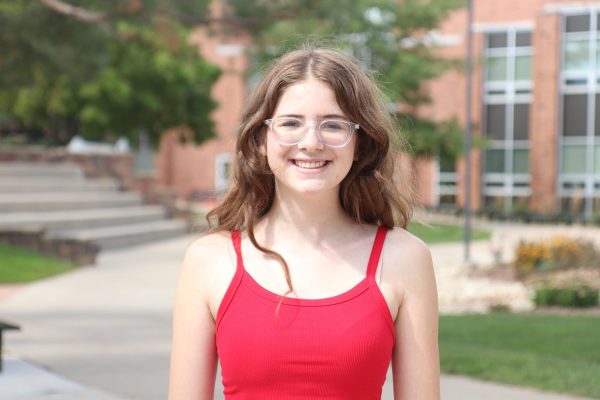According to a survey by Forbes, over 73 percent of people see the importance of having a mentor, while 87 percent of those who have mentors say that having one has greatly improved their confidence. So, it is easy to see how important mentors are for people to be successful, and in the classrooms of West High, many mentors work hard to make sure students thrive.
Frances Haugen ’02, a West High alum most commonly known as the Facebook Whistleblower, spoke about how important the teachers who mentored her at West were to her, as well as the impact a mentor can have on women in the workplace.
“You know, there’s an invisible set of help that young men give each other, and it might not be obvious if you’re a young woman who’s studying computer science,” Haugen said, “So I think the most important thing women can do for other women is just build independent networks of influence.”
Haugen mentioned the impact having a mentor at West had on her. “I didn’t have a lot of parental supervision,” Haugen said. As an active participant in debate and math competitions, Haugen was expected to excel academically as well. Because of her home life, Haugen often fell behind in class, and the contrast between her test scores and her performance in her extracurriculars caught the eye of her teacher, Linda Muhly.
“She noticed that I was doing extremely well in math competitions on weekends and then I would get Bs on my math tests on the weekday, and she was like, something is very clearly wrong here. You’re not not living up to your potential,” Haugen said. “She would sit with me after school until I prove[d] that I can get A’s on my test.”
Haugen also received help from her debate teachers. When she wouldn’t have appropriate attire for a debate competition, Haugen explained how her teachers would go to Goodwill and find blazers for her. “I’m really, really grateful that I had teachers at West that saw my potential and some of the potential and, you know, refused to accept less for me.”
One teacher determined to carry on this legacy of mentorship at West is English teacher Kerri Barnhouse.
Barnhouse has been the teacher sponsor for student tutoring club Best of West for the two years since its inception. Unofficially, she’s been running the club for close to ten years. Best of West provides a safe space for students to ask for help in schoolwork and receive mentoring from older students.
“We have this amazing untapped resource at West High called our lovely students,” Barnhouse said. “It’s amazing. Kids come in and say ‘I need help with chemistry,’ and somebody says ‘I can do chemistry,’ and then they come together,” Barnhouse said.
Some of the current Best of West mentors are seniors Yaya Orszula, Jacob Koch, Isaac Howe, Sam Zimmermann and Vini Marra. All of the tutors focus on different aspects, from outreach to algebra.
Zimmermann focuses his efforts on expanding the club and making it so as many people can receive help as possible. In his third year with Best of West, he acknowledges how his own mentors have encouraged him to help others. “I saw the sign in the club fair, and I decided I could help people,” Zimmermann said. “Not only that, but there’s a lot of satisfaction you get out of doing this kind of thing.”
Many of the tutors at Best of West have a shared mentor: Barnhouse. “My grandfather passed away this summer. Without me knowing, she and three of my classmates decided to come and support me at my grandfather’s service,” Zimmermann said. “It just shows you how above and beyond teachers are willing to go to help and support you.”
Howe has a similar story with Barnhouse. “She’s definitely the best teacher I’ve ever had,” Howe said. “Not just academically, but also as a person. She’s helped me through a lot of struggles.”
Mentorship is not a single event. As Best of West proves, one good teacher can spread to students willing to help other students, and the effects continue. Participating in Best of West strengthens the bonds between the tutors and the tutees.
“I think that the connections that they make makes the building feel a little smaller,” Barnhouse said. “They become invested in the success of other people.”









